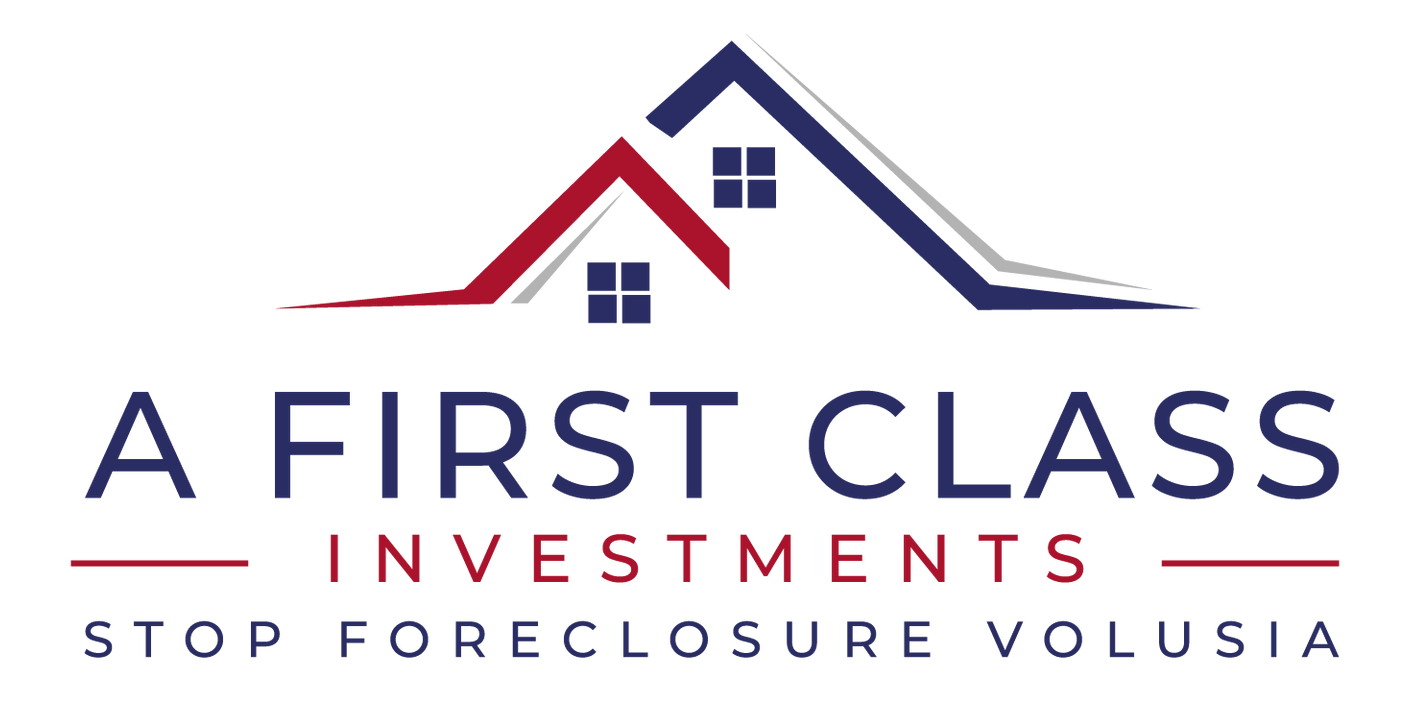VOLUSIA MORTGAGE ASSISTANCE
When facing the possibility of foreclosure, the right strategy can feel like a life raft in a sea of uncertainty. You're not out of options—there are numerous strategies that can help you regain control of your mortgage situation and secure the future of your home. Here's an in-depth look at some of the most effective mortgage assistance strategies that could be your beacon of hope.
VOLUSIA MORTGAGE ASSISTANCE
MORTGAGE ASSISTANCE CHECKLIST
Remember, every lender may have slightly different processes and requirements, so it's crucial to communicate openly, provide accurate information, and follow their guidance throughout the process. Additionally, the availability of these options may vary based on your lender, your mortgage type, and your individual circumstances. Consulting a HUD-approved housing counselor can be invaluable in navigating this process effectively. Below you'll find a checklist of the best practices if you're trying to get assistance with your mortgage lender.
- Contact Your Lender Early - Reach out to your lender as soon as you anticipate difficulties in making mortgage payments. Early communication is essential.
- Gather Financial Documentation - Prepare documents that prove your financial hardship, such as pay stubs, bank statements, tax returns, and any evidence of job loss, medical bills, or other financial challenges.
- Review Your Mortgage Terms - Understand your current mortgage terms, interest rates, and the amount you owe. This will help you discuss repayment options effectively.
- Prepare a Hardship Letter - Write a concise, heartfelt hardship letter explaining your situation. Include details about your financial hardship, the reasons behind it, and your commitment to resolving the issue.
- Choose Your Preferred Solution - Decide whether you're seeking a forbearance (temporary pause on payments) or a repayment plan (a structured way to catch up on missed payments).
- Contact Your Lender - Call your lender's customer service department and request to speak with someone in the loss mitigation department. Explain your situation and request the specific solution you've chosen.
- Stay Persistent - Be prepared to follow up with your lender regularly. Keep records of all conversations, dates, and the names of the people you've spoken to.
- Follow Lender's Instructions - If your lender agrees to a forbearance or repayment plan, make sure to follow their instructions precisely. This may involve submitting additional documents or making payments as agreed.
- Budget Wisely - While on a forbearance or repayment plan, budget carefully to ensure you can meet your other financial obligations. Prioritize essential expenses like utilities, food, and insurance.
- Seek HUD Counseling - Consider contacting a HUD-approved housing counselor for guidance. They can provide free assistance in dealing with your lender and exploring available options.
- Review and Confirm Agreements - Carefully review any agreements or modifications proposed by your lender before signing. Ensure that you understand the terms and consequences.
- Keep Documentation - Maintain records of all correspondence and agreements with your lender. This includes emails, letters, and payment receipts.
- Be Prepared for Follow-Up - After successfully completing a forbearance or repayment plan, continue monitoring your financial situation to avoid future difficulties.




